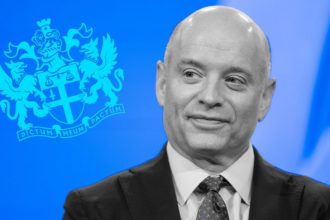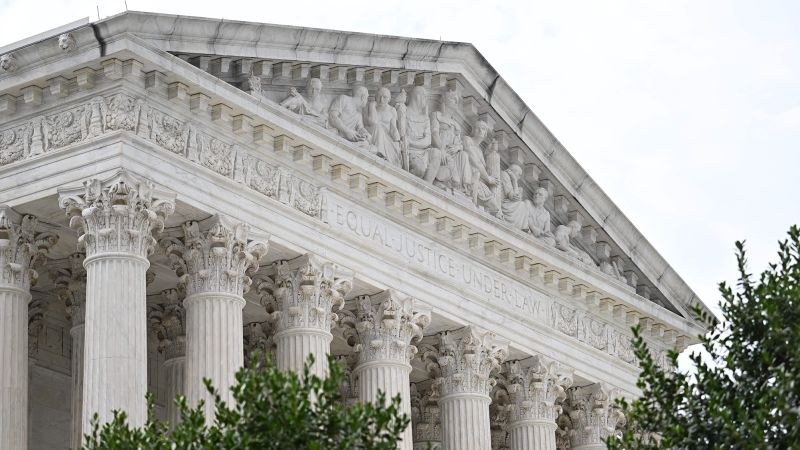The Supreme Court on Monday declined to take up the appeal of an Illinois inmate whose lawyers argued his rights were violated when he was kept in solitary confinement for some three years and denied virtually all access to exercise.
The inmate, Michael Johnson, argued that the deprivation of yard time – in the absence of a true security justification – violated the Constitution’s bar on cruel and inhumane punishment.
Justice Ketanji Brown Jackson, joined by her liberal colleagues Justices Sonia Sotomayor and Elena Kagan, dissented from the court’s decision not to take up Johnson’s appeal, highlighting the dismal conditions.
“For three years,” Jackson wrote, “Johnson had no opportunity at all to stretch his limbs or breathe fresh air.” She noted that without the ability to exercise, Johnson’s “mental state deteriorated rapidly.”
“He suffered from hallucinations, excoriated his own flesh, urinated and defecated on himself, and smeared feces all over his body and cell,” Jackson wrote in the eight-page dissent.
Johnson began serving his sentence in February 2007. He has been classified as seriously mentally ill and diagnosed with depression, bipolar disorder, among other disorders. Between 2008 and 2016, he had multiple conduct violations including assaulting correctional officers or other inmates, and his accrued segregation time meant that he spent almost three and a half years in solitary confinement.
A lower court ruled against Johnson, holding that the deprivation of exercise passed legal muster unless it was imposed for a “trivial infraction.” It noted that the actions taken by the Illinois Department of Corrections were justified because of the “continuous, serious and sometimes highly dangerous misconduct.”
Illinois Attorney General Kwame Raoul told the justices in court papers that as a result of “persistent misconduct,” he was “on yard restrictions” from January 2014 to August 2016 but that he regularly met with doctors and mental health professionals supplied by the prison healthcare provider. In August 2016, it was determined that he needed to be transferred to a mental health unit and he was relocated.
Raoul told the justices that officials “could not have acted with deliberate indifference because they reasonably deferred to the treatment decisions” made by Johnson’s doctors.
But lawyers for Johnson disagreed.
“The deprivation was not imposed to ensure the safety and security of the exercise yard,” they argued, “but rather to punish Mr. Johnson for engaging in misconduct that was born of mental illness and unrelated to exercise.”
Read the full article here





